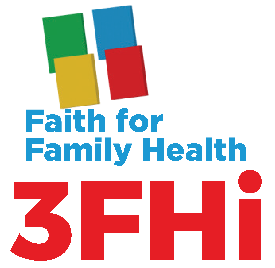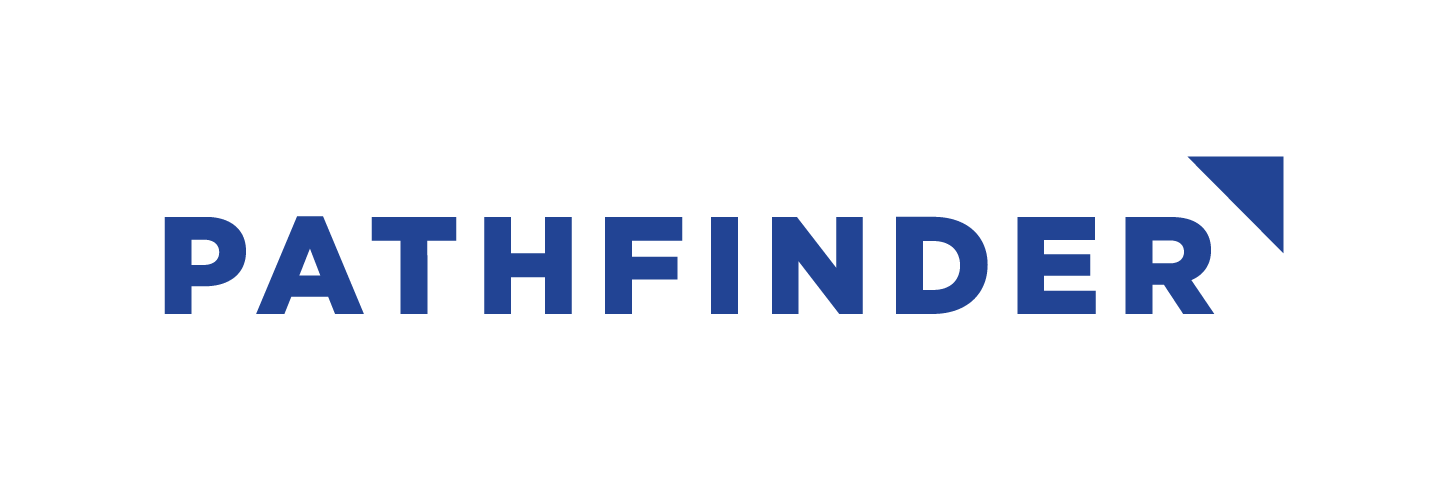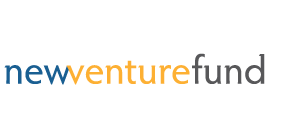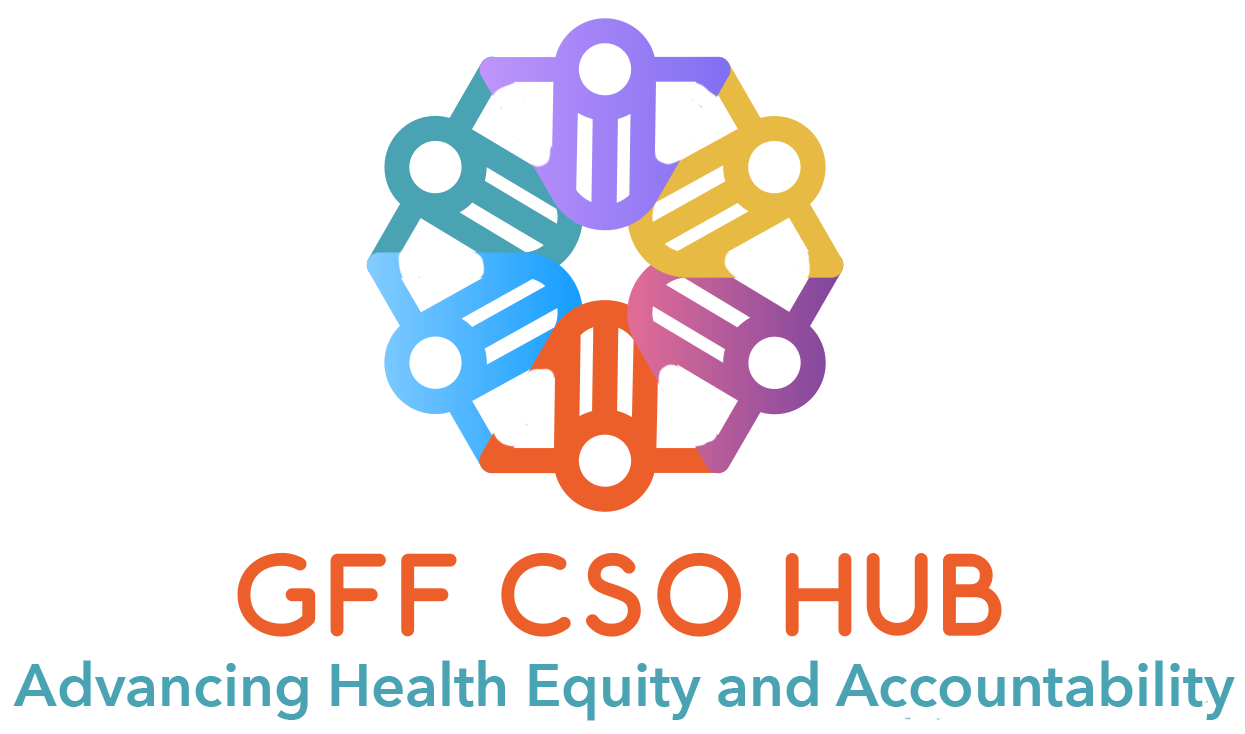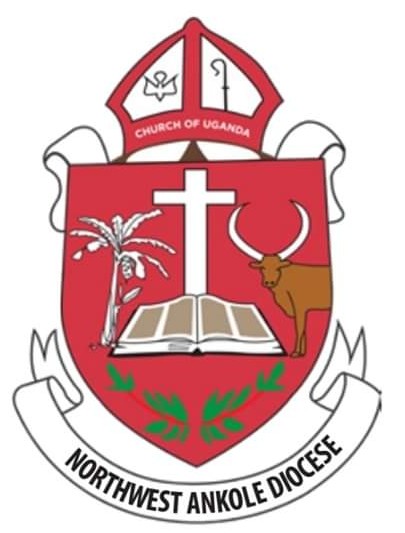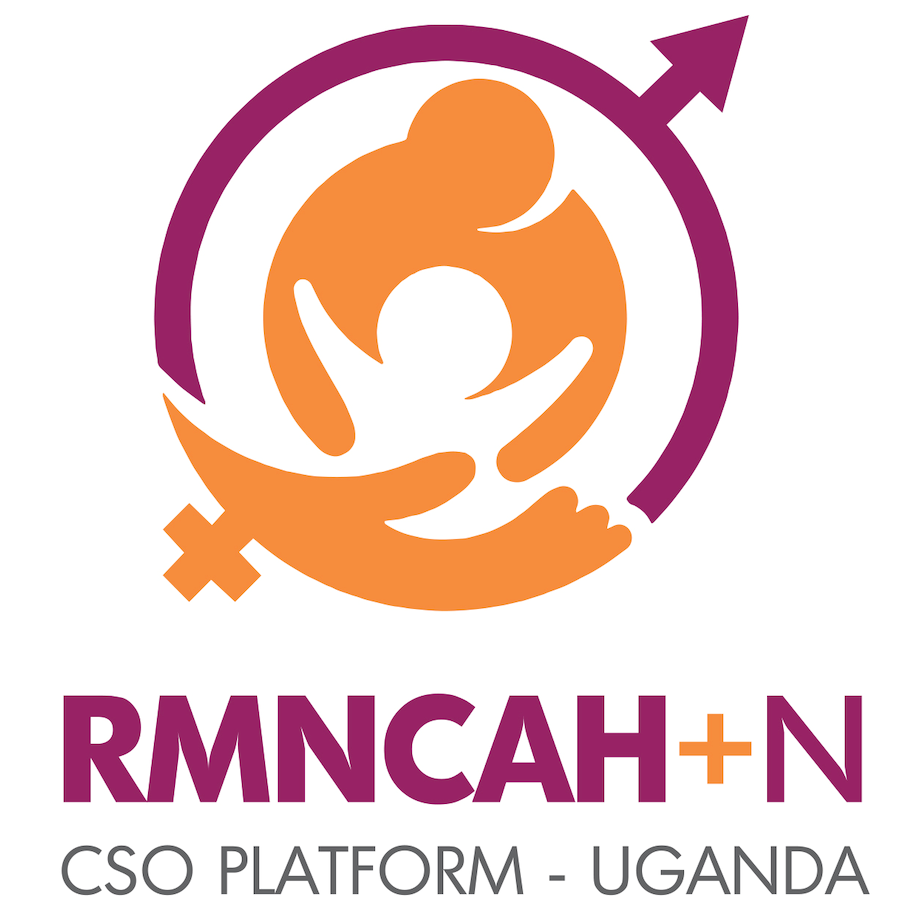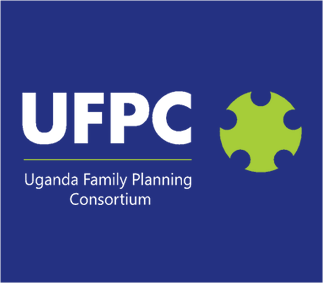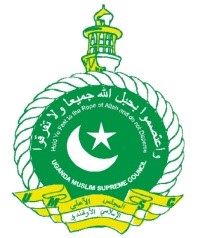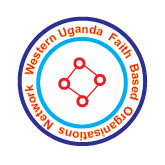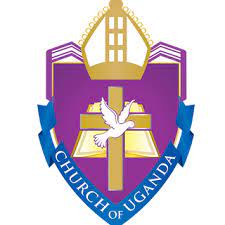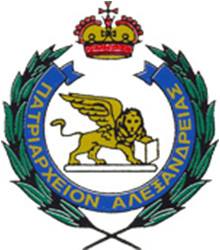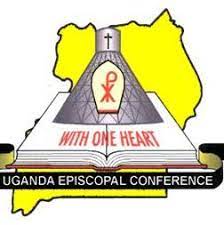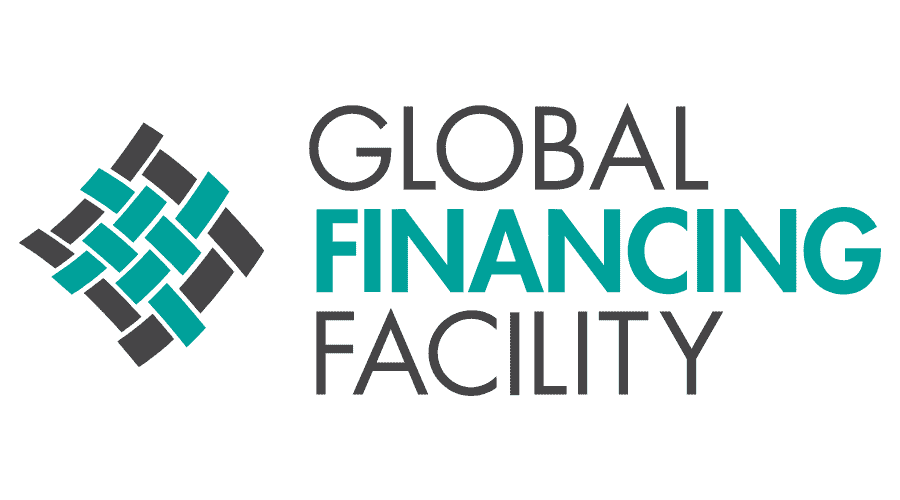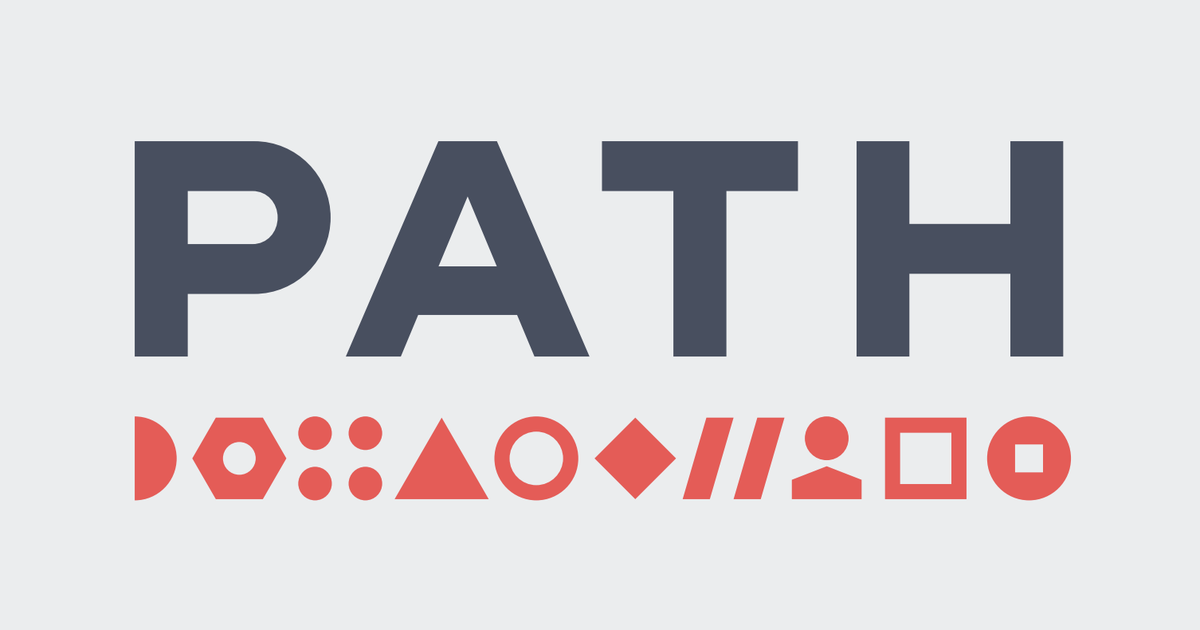Regional Self-Care Orientation: Tororo Leaders Empowered as Champions 16–18 December 2025 | Tororo Municipality| Prime Hotel Tororo.
Over three intensive days, up to 45 inter-faith religious leaders (Church of Uganda, Uganda Muslim Supreme Council, Catholic, Orthodox, SDA, Born-Again) and cultural leaders from Tororo, Mbale, Butaleja, Pallisa, Budaka, and Ngora districts(Bukedi/Bugisu Region) (Tororo, 16–18 December)– joined by His Royal Highness the Kwar Adhola and other cultural dignitaries, received orientation on self-care principles and committed to youth mentorship, HPV vaccination advocacy, mental health support, and accessible facilities for the elderly.
Both trainings concluded with strong commitments to combat myths, stigma, and harmful practices through monthly sensitization, health camps, radio programs, and faith-based dialogues. Key messages were amplified through live radio talk shows on NBS 89.4 FM (Jinja) and Rock City FM 98.4 (Tororo), reaching thousands of listeners.
These activities equipped religious and cultural leaders as trusted champions of self-care, addressing Uganda’s pressing health challenges – high maternal mortality, low antenatal attendance, and limited access to preventive services – while promoting inter-faith unity and community ownership. The momentum built in 2025 sets a strong foundation for scaling this model nationwide in 2026.
